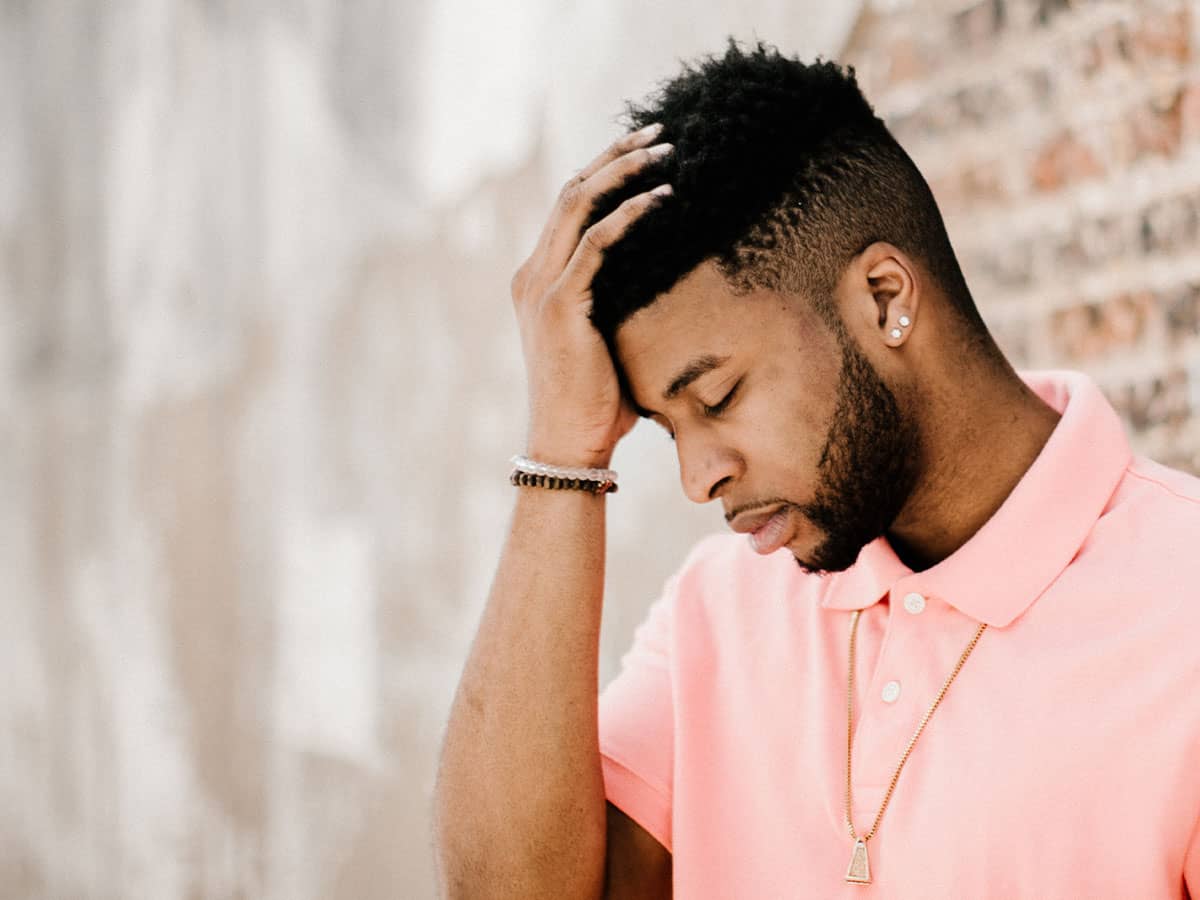
Uncertainty, for most of us, is terrifying. It is the blank canvas onto which we paint our deepest fears and most dreaded scenarios. The unknown represents the possibility for disaster, and more importantly, the total loss of control over the future.
But the ability to endure uncertainty rather than fear it is a vital life skill. Without this ability, we languish in any number of crippling forms of anxiety. We put a premature stop to our journeys because we cannot immediately see the destination, and thus, we don’t live as fully as we could.
That’s a problem.
But what if there was a way to not only endure the certain uncertainty of life, but to embrace it? And what if that embrace were to help you become more courageous, open-minded, and creative? What if it changed your life? Would you be interested?
Psychotherapist and spiritual advisor Estelle Frankel, in her book, “The Wisdom of Not Knowing,” explores the power of the unknown to be friend rather than foe—it is the key to our personal growth. Let’s take a look at what she has to say about embracing uncertainty for a better life.
Letting Go of the Illusion of Control
To embrace uncertainty, we must first realize how little we truly know. Socrates, considered by most as one of the founders of Western philosophy, once said that “The only true wisdom is in knowing you know nothing.” Let’s examine why that’s true.
Most of us feel like we have some measure of control over our lives. In our contemporary age, we can empirically track every little thing about our lives, from spending, to calories burned, to the very number of decisions we make during a day. We know our world better than ever.
Yet, still, we cannot control it.
You can track your spending, and still lose your fortune. You can collate your calories, and still develop a health problem. You can whittle down the number of decisions you make in a day, but still burn out. These endeavors are not pointless, and they are not unwise, but the measure of control they give us is wholly illusory.
We have to learn to let go of that illusion of control. The unrealistic expectation of control is the source of much anxiety when the unexpected occurs—if we expect the expected, we will always be disappointed. And, even worse, operating under a high degree of false certainty stunts our personal growth.
To rid ourselves of this illusion, we need to entertain the idea of permanent uncertainty. Tell yourself that uncertainty is okay, and that imperfection is acceptable. Say these things out loud. Focus on them as a positive idea, interpreting the darkened future not as empty, but full of wonderful possibilities.
As Frankel writes, “What we know can limit our imagination if it is not countered with an equally powerful don’t know. Absolute certainty shuts down curiosity, and curiosity is what drives us to continually improve—in this state, we no longer have a reason to develop courage, to expand our minds, or to be creative.
Embracing uncertainty, as we’re about to see, allows us to flourish in all of these areas.
Growth Through Uncertainty
The poet Antonio Machado artfully captures the nature of uncertainty’s benefits in beautiful language.
Wanderer, your footsteps are
the path and nothing else;
wanderer, there is no path,
The path is made by walking
When we let go of the need for certainty, we’re better able to forge our own path. No longer are we looking for clear-cut roads through life—we’re able to wander into the woods, letting our own footsteps become the path.
When we make an effort to get out of our safe, “predictable” comfort zones, we’re better able to listen to our own wants and desires—and to keep doing so. Frankel, in her work as a psychotherapist, writes that she often witnesses a “rapid spiritual unfolding,” in her patients when they strike out on their own. Just as uncertainty can be that blank canvas which we fill with pictures of dread, it can also be the surface upon which we paint our dreams, and when we begin to see the positive potential of the unknown, we are better able to be courageous—the first great benefit of embracing uncertainty.
Embracing uncertainty also allows us to reclaim our curiosity, according to Frankel. She writes that the curiosity we all have as children often grows dim as we become adults. We become afraid to ask questions.
But the ability to ask questions is what helps us keep an open mind—the second major benefit of embracing uncertainty. When we stop thinking that we know exactly how the world works, we can better accept the ways in which it doesn’t work as expected. We become more open to the diversity of life and fresh ideas and new ways of living. And best of all, an open mind—especially when combined with courage—allows us to take advantage of unexpected opportunities.
Open mindedness and courage are attributes which encourage creativity—the third benefit of coming to terms with uncertainty. Frankel writes that when musicians play improvised music, the areas of the brain that inhibit and self-monitor decrease in activity, while the areas that control self-expression increase. In essence, their brains are letting go of any sense of control in order to better create.
Creativity isn’t just for artists—it’s useful in every part of our lives. Everyone from teachers to scientists to businessmen can benefit from the ability to solve problems in new and unexpected ways. Creativity, in essence, is simply the ability to use imaginatively come up with original ideas, to break down your collective experiences into tiny bits and put them back together in wholly new shapes. Embracing uncertainty can give you this power.
A Brighter Future
When we reshape our expectations to frame uncertainty in a positive light, our lives improve. Not only do we gain the attributes we’ve talked about—courage, an open mind, and greater creativity—but we live life on our own terms. We’re no longer defined by what we fear. We’re defined by what we want.
Let uncertainty be your opportunity to unfold your wings for the first time. If you’ve found yourself thrust into a new situation, relationship, or new stage of life, embrace it. Love it. Realize its potential to help you grow.
See it for what it is—a gift.

